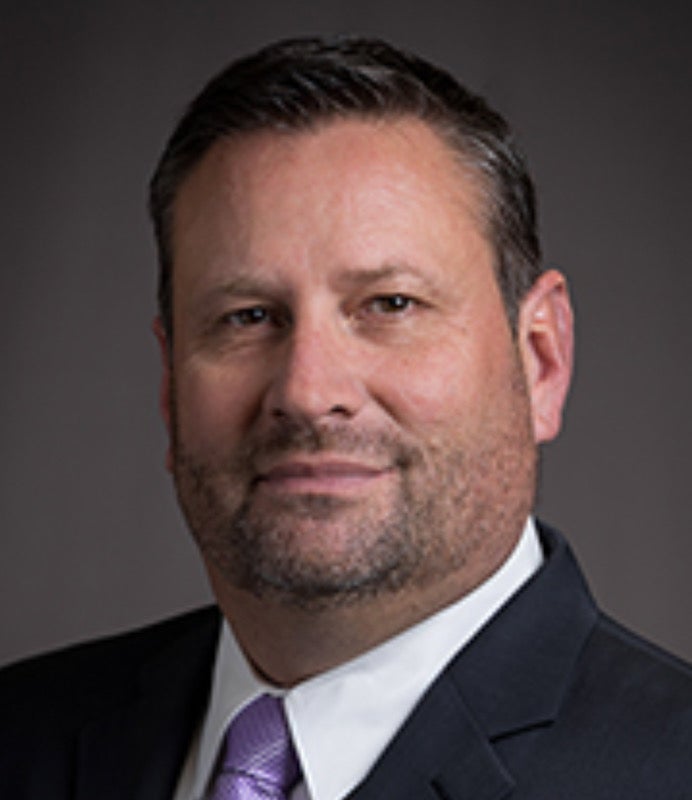The study to determine the fiscal feasibility of consolidation and incorporating Columbia County has been completed.
The study, which was conducted by Valdosta State University, found that it would be fiscally feasible to consolidate and incorporate the unincorporated part of the county, said County Manager Scott Johnson. Harlem and Grovetown would remain cities and this would create a possible new city.
“It means that we could afford to incorporate and consolidate with really no additional burden on our taxpayers,” Johnson said.
MORE: Judge Padgett appointed to Georgia Court of Appeals
The next steps include public awareness campaigns, getting feedback from citizens, a citizen referendum and reviewing public service agreements, Johnson said.
“Then county leaders would work with local delegates, along with representatives in the senate and state house to draft legislation that would authorize the consolidation,” Johnson said. “I want to stress, we aren’t there yet. We’ve got the financial feasibility study. Next steps are to start talking to residents, start asking questions, start conducting a campaign.”
Johnson added that because it’s a two-year process, legislation could be started now so if the Board of Commissioners decides to move forward with the consolidation and incorporation, it’s not delayed.
“Essentially, what they would do is, they would start the process with saying we have the study, it is fiscally feasible, we need to move forward now with putting it on the ballot. But again, that would be on a ballot not even this year. It would be on a ballot potentially next year. So, it would give us plenty of time to talk about that. But if we don’t start that process, it would be an additional year before we could get it on the ballot.”
Dates have not been set for the public awareness meetings, but Johnson said that would happen sometime between now and the summer.
“We’re going to move forward now with talking to the citizens about it and see if it’s something we want to do,” Johnson said.
The study addresses benefits of moving forward, which includes the ability to receive franchise fees. According to the study, a franchise fee in Georgia are “fees paid by companies or utilities for the right to operate within a municipality’s or county’s jurisdiction.”
These fees usually come from different utilities, including gas, water, electric, telecommunications or cable television. Franchise fees can be used to generate revenue, which can be used for general funds, improvements to the infrastructure and more.
“The franchise fees collected by municipalities or counties are generally meant to compensate for the use of public property or resources by these utility companies and are an important source of revenue,” the study said.
Johnson said that because Columbia County is unincorporated, it does not receive franchise fees because those go to cities. If this change happened, the franchise fee for residents would increase from 1.1839% to 3.0647%, which is the current municipal franchise rate.
“So, the actual franchise fee would go up on residents, but there’s the difference, we’re currently paying 1.1839%. We get nothing in return,” Johnson said. “If we were a city, we would pay the 3%, then we would get an estimated $8.4 million in return, would we be getting back. That would translate to an additional $191 a month or $22 a year for the average resident.”
The study also addresses millage rate reduction, hotel motel tax, grants, code enforcement and other benefits.
Addressed in the study are questions that the cities of Harlem and Grovetown had, along with constituents. One being if residents could keep their current mailing address. The answer after meeting with the U.S. Post Office is that yes, they can, Johnson said.
“Even if we did this, if you lived in Leah, you would still be able to say Leah, Georgia or Appling, Georgia or Martinez, Georgia or Evans, Georgia, or Harlem or Grovetown,” Johnson said. “Whatever you currently have you would still be able to do that.”
Johnson stressed that nothing has been decided at this point; they just know that it is fiscally feasible.
The full study can be found online at columbiacountyga.gov.
Stephanie Hill is the managing editor and covers Columbia County government for The Augusta Press. Reach her at stephanie@theaugustapress.com.











